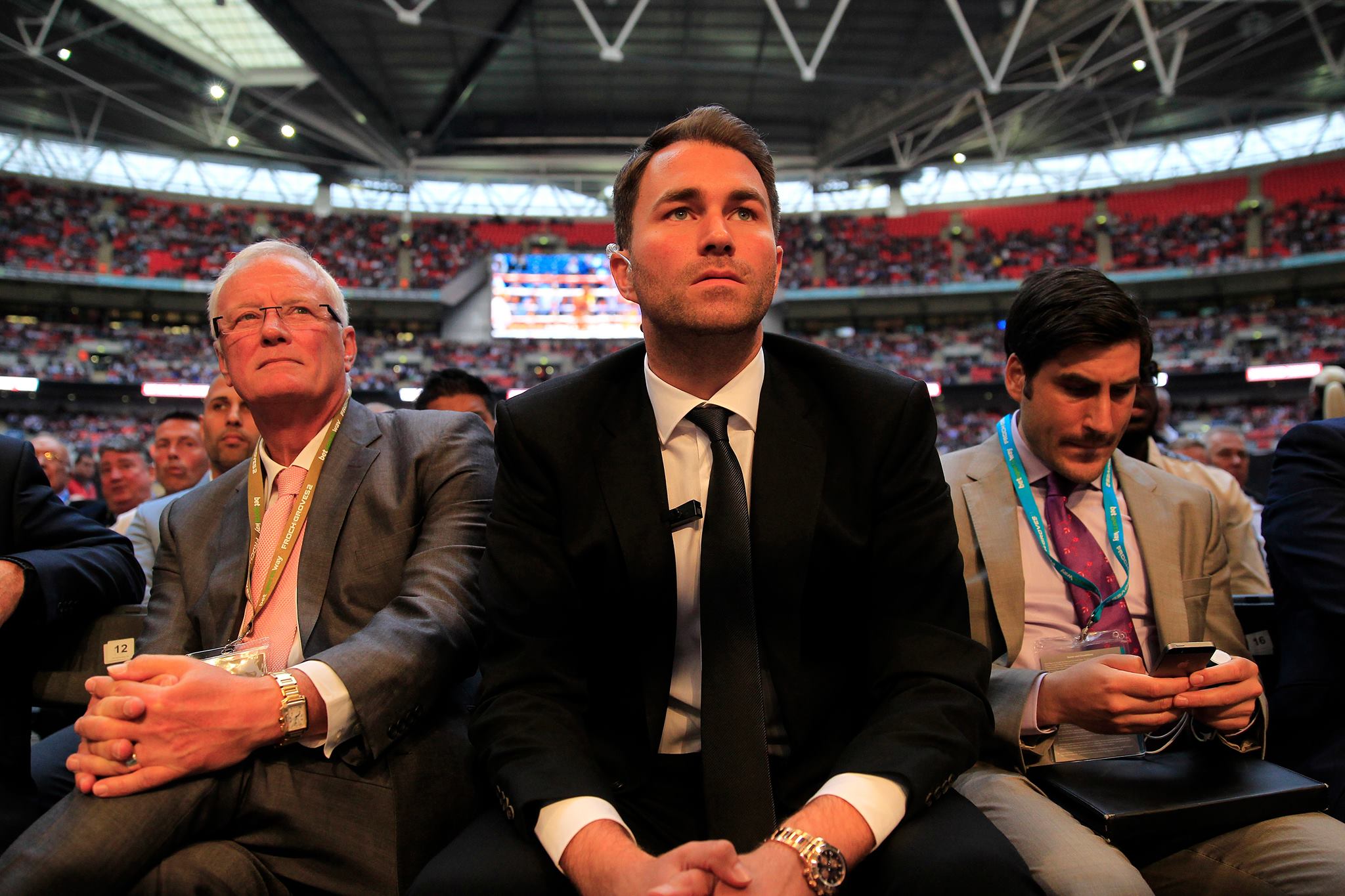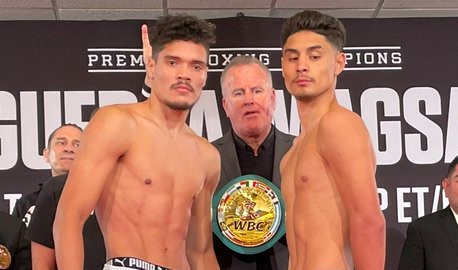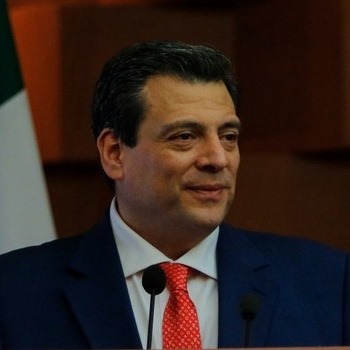By Bryanna Fissori
The International Boxing Association (AIBA), which holds its congress every four years, met in South Korea last month to discuss and make decisions regarding the future of the sport.
One of the most unique and controversial topics discussed was the alteration of “professional boxing status.” The AIBA held its first professional boxing event on October 24, 2014. Unlike in other sports, athletes competing in AIBA pro matches will be allowed to retain their amateur status the national boxing federation. This allows them to still qualify as Olympic participants.
Some of the controversy has come from what has been called a conflict of interest, given that the AIBA is the governing body for amateur and now professional boxing under the APB promotion, but they are also signing and promoting professional athletes under their own banner. The opposite argument is that competing through the AIBA gives all boxers hoping to reach the Olympic games a level playing field and guarantees steady activity for the five years the competitor is under contract with the organization.
The 2016 games in Rio will be the first time that professional boxers will be allowed to qualify.
Below is BoxingInsider.com’s exclusive interview with AIBA President Dr. C.K. Wu.
Reforming the AIBA
“The reform of AIBA dates back to 2006, when I was first elected AIBA President,” said Wu.
“As an International Olympic Committee (IOC) Member since 1988 and IOC Executive Board Member since 2012, I was committed to bringing the noble art back to its golden age by capitalizing on what has been achieved so far and aligning all of AIBA’s competitions with the principles of the Olympic Movement.”
The sigma of corruption in professional boxing has weighed heavy for longer than history can reflect, but Wu contends that his efforts through the AIBA are focused on alleviating that association.
“Under my Presidency, AIBA has become a clean, honest and transparent organization, observing a zero-tolerance policy on corruption and approaches its mission to govern the sport of boxing worldwide in all of its forms with unmatched dedication.”

Professional Athlete Eligibility
“After the 1988 Olympic Games, the IOC decided to make all professional athletes eligible for the Olympic Games, subject to the approval of the responsible International Federations,” said Wu.
“Until recently, only professional boxers and wrestlers remained ineligible to compete in the Olympic Games. Up until the Olympic Games in Beijing in 2008, the only way boxers could qualify for the Games were through participating in AIBA’s Open Boxing (AOB) competition, as AIBA is the only boxing governing body recognized by the IOC.
Following the 2008 Games, we wanted to explore ways through which boxers could learn, grow, and prosper within the sport of boxing professionally, while still ensuring their ability to qualify for the Olympics. In short, AIBA sought to provide boxers with stable training and competitive environments that would ultimately reinvigorate the grass roots of the sport, develop youth and elite boxing, and create new opportunities for semi-pro and pro-boxers.”
New Competition Format
“This was one of the driving reasons behind AIBA’s establishment of two new pro-style competitions,” said Wu.
World Series of Boxing (WSB):
Launched in 2010, is the only global pro-style team competition.
AIBA Pro Boxing (APB):
Launched earlier this year, this is a ground-breaking new pro boxing competition based on individual rankings. APB is the first and only individual competition in the history of boxing, which allows pro boxers to compete whilst retaining their Olympic eligibility.
“Rio 2016 will be the first Olympic Games in history allowing pro boxers to compete. Following the introduction of APB and WSB, boxers can now qualify through all three AIBA competition formats: AOB, WSB and APB.”
The results of boxers competing in APB matches are reflected in their overall record and according to Wu, the athletes have a one-time option to return to the AOB (AIBA Open Boxing) competition format.
Despite the new system ruffling some feathers within the sport, Wu contends that the new system is welcomed by others who have gone before in the IOC.
“AIBA is not receiving any opposition from other Olympic Sports. In fact, given we were one of the last International Federations to be given permission for professional athletes compete in Olympic Games, other sports as well as the IOC have welcomed our introduction of WSB and now APB.”
Increase in Competitive Boxers
“Since AIBA has expanded the number, and scope, of competitions under its umbrella – such as the WSB and APB – there are more boxers participating in AIBA events than ever before,” said Wu.
“In addition, AIBA will also continue to focus on developing the grass-roots and club level participants based on the new programs’ successes. AIBA is the sole governing body of the sport of boxing that is recognized by the IOC, and as such, AIBA-sanctioned events are the only possible route for boxers to qualify for Olympic Games.”


















